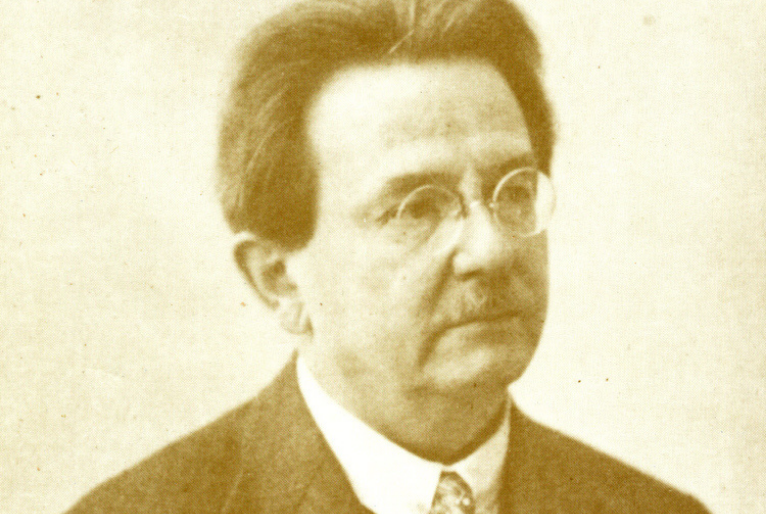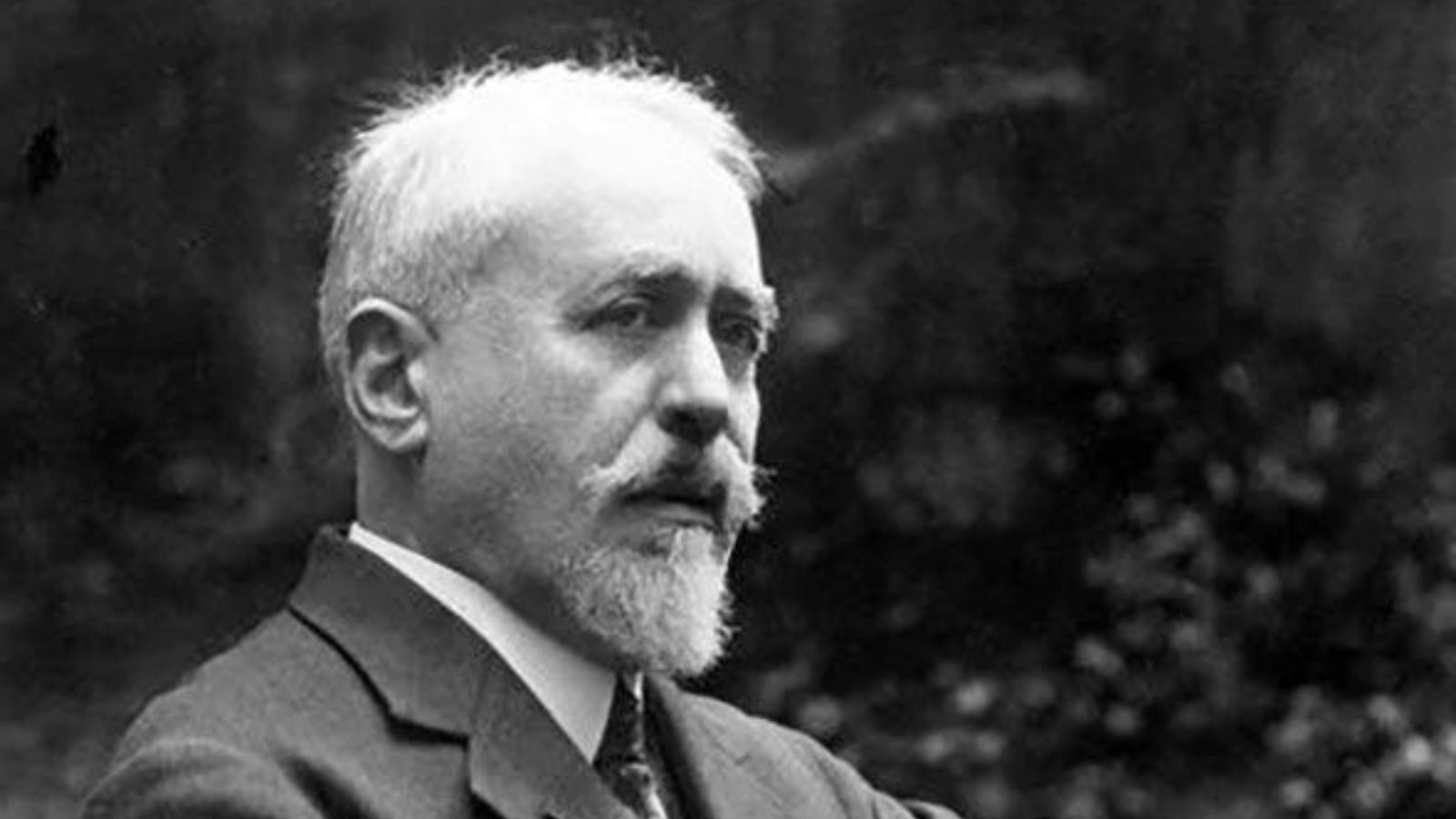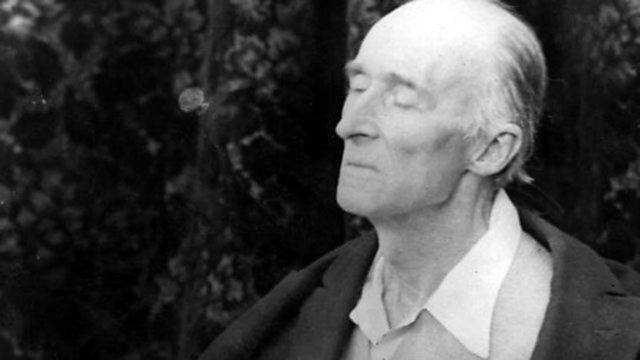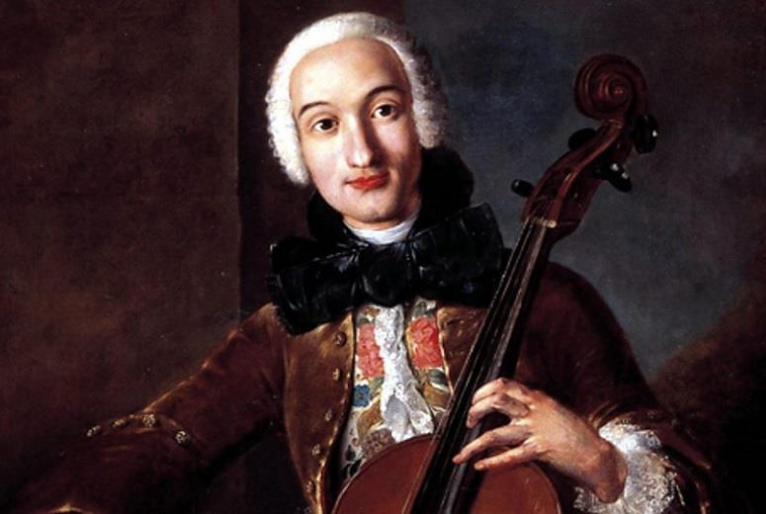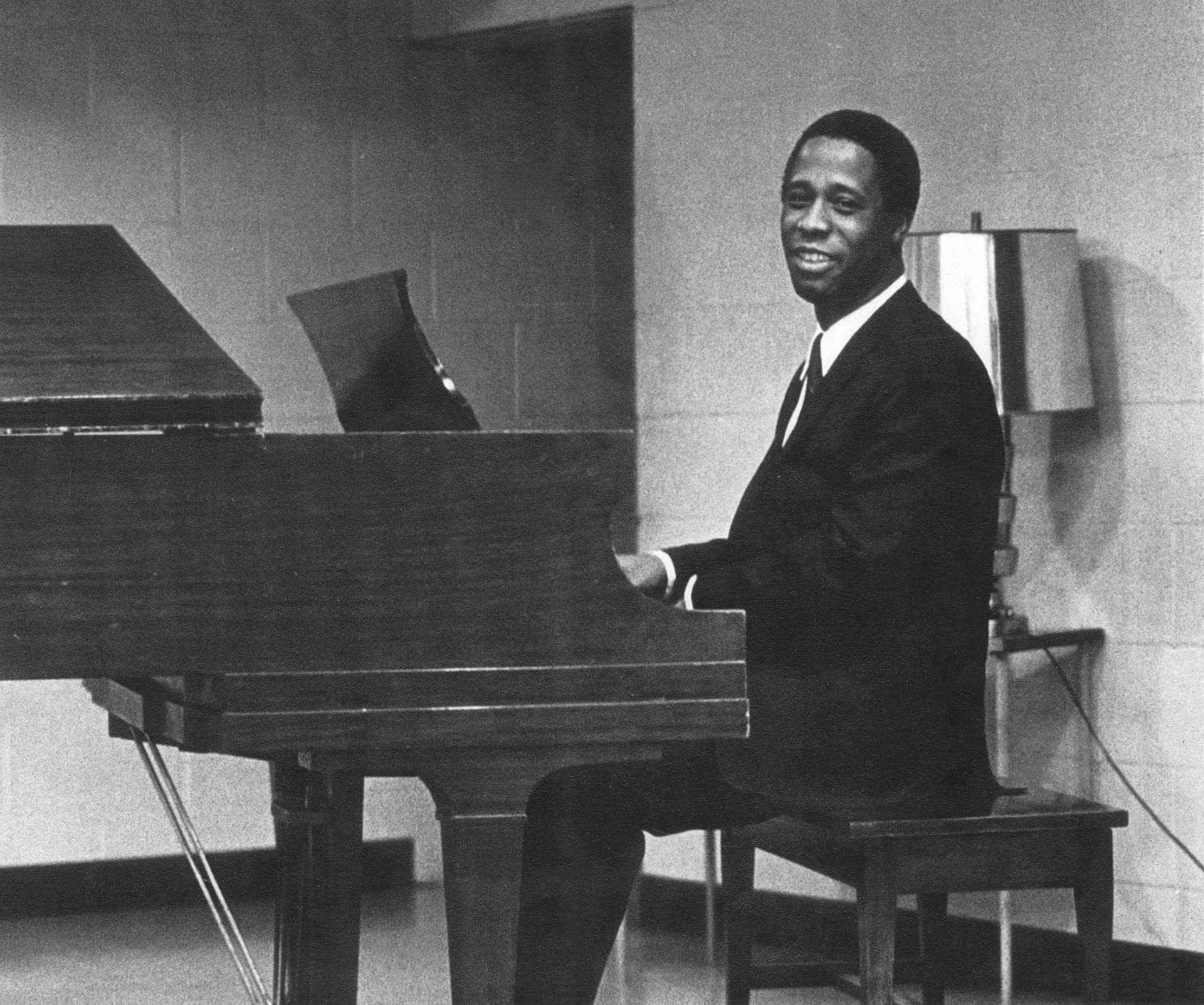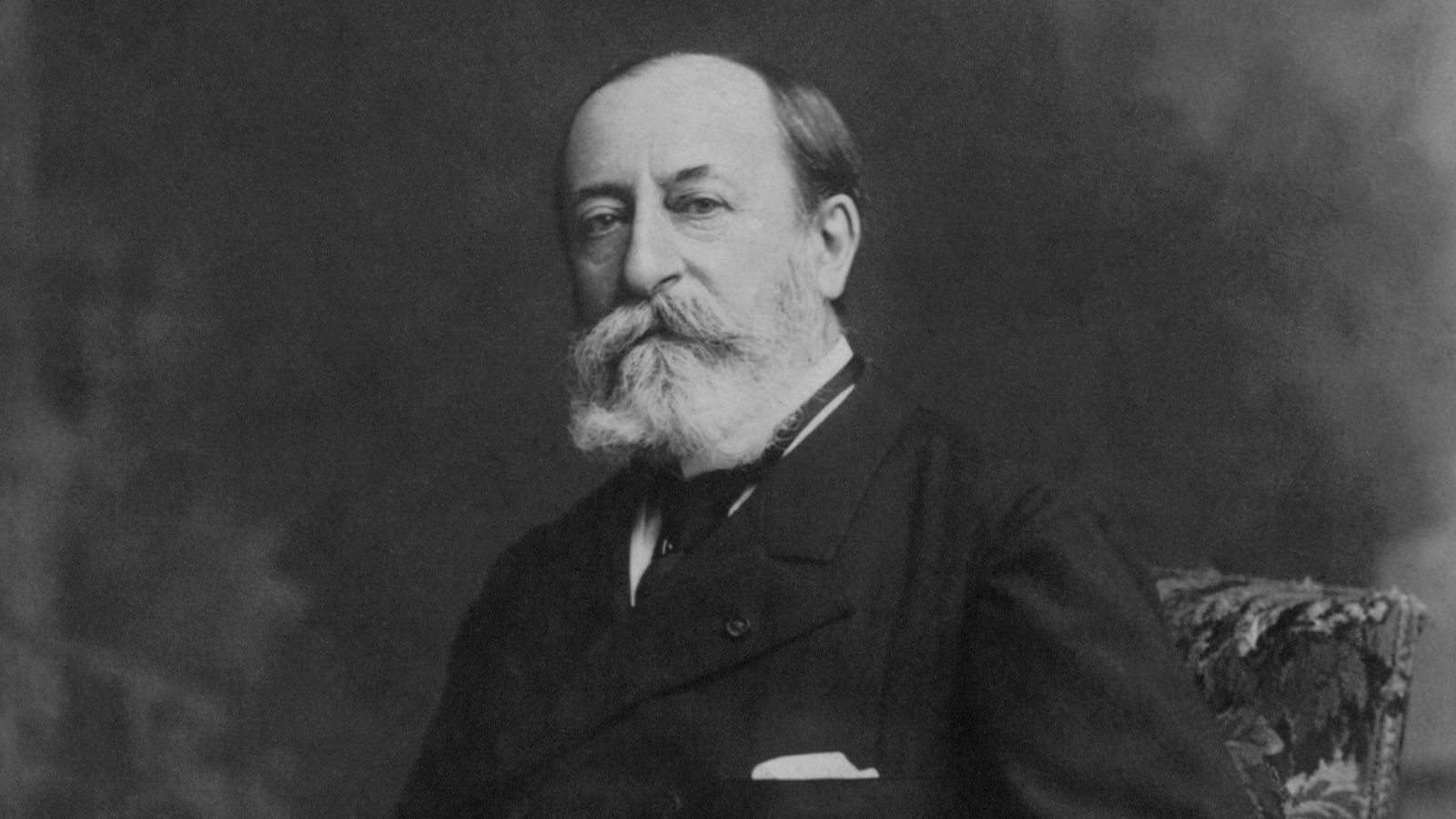Franz Schmidt, an Austrian composer, organist, pianist, and cellist, was born on December 22, 1874, in Pressburg, Austria-Hungary (now Bratislava, Slovakia). He emerged as a prominent figure in the late Romantic and early modernist musical landscape, leaving behind a legacy of orchestral works, chamber music, and operas.
Schmidt's musical journey began at an early age when he showed exceptional talent as a cellist. He studied at the Vienna Conservatory, where he honed his skills in composition under the guidance of renowned composers such as Robert Fuchs and the legendary Gustav Mahler. Mahler's influence, in particular, left a profound mark on Schmidt's musical style and approach.
François Couperin, often referred to as "Couperin le Grand" (Couperin the Great), was a distinguished French composer, harpsichordist, and organist of the late Baroque era. Born on November 10, 1668, in Paris, he hailed from a renowned family of musicians. His father, Charles Couperin, and his uncle, Louis Couperin, were both esteemed composers and organists, laying a strong foundation for François's musical upbringing.
Couperin's musical talent was evident from an early age, and he received rigorous training in composition and keyboard performance from his family members. He was particularly influenced by the French keyboard tradition, which emphasized elegance, refinement, and expressive subtlety.
Francis Poulenc, a luminary of 20th-century classical music, was born on January 7, 1899, in Paris, France. He emerged as one of the leading figures of Les Six, a group of composers in France who rebelled against the heavy Germanic influence dominating classical music at the time. Poulenc's compositions are renowned for their charm, wit, and emotional depth, reflecting his unique musical voice.
Growing up in a wealthy family, Poulenc received early piano lessons from his mother. However, his formal music education began at the age of 15 when he started studying with the noted pianist Ricardo Viñes. Despite his lack of conservatory training, Poulenc's natural talent and keen ear propelled him to become a prolific composer.
Paul Dukas, a luminary in the realm of classical music, was born on October 1, 1865, in Paris, France. His life, though less prolific in output compared to some of his contemporaries, left an indelible mark on the world of music through his compositions and his influence on subsequent generations.
From an early age, Dukas displayed an aptitude for music, studying piano with some of the finest instructors in Paris. His exceptional talent soon led him to the Paris Conservatoire, where he studied composition with notable figures such as Théodore Dubois and Emmanuel Chabrier. It was during this time that his compositional prowess began to emerge, showing glimpses of the genius that would later define his career.
Frederick Delius, a luminary of late Romanticism in classical music, was born on January 29, 1862, in Bradford, Yorkshire, England. His life story is as intriguing as his music, characterized by a relentless pursuit of artistic freedom and a deep connection to nature.
Delius was born into a prosperous mercantile family, but his passion lay in music, much to his parents' dismay. Despite their hopes for him to join the family business, Delius left for Florida in the United States at the age of 22 to manage an orange plantation. However, his time there was more dedicated to music than agriculture. He absorbed the sounds of African American music and the ambiance of the lush landscape, which would later influence his compositions profoundly.
Luigi Boccherini, an Italian composer and cellist of the Classical era, left an indelible mark on the musical landscape of his time with his innovative compositions and virtuosic performances. Born on February 19, 1743, in Lucca, Italy, Boccherini displayed an early aptitude for music, learning the cello from his father, a double bass player and composer.
In his youth, Boccherini honed his skills as a cellist and composer, eventually garnering attention for his remarkable talent. He traveled extensively throughout Europe, showcasing his prowess as a performer and gaining recognition as a composer of exceptional ability.
Scott Joplin, often dubbed the "King of Ragtime," was a pioneering American composer and pianist whose innovative compositions forever changed the landscape of American music. Born sometime between 1867 and 1868 in Northeast Texas, the exact date of Joplin's birth remains uncertain due to a lack of official records. Raised in a musical family of former slaves, Joplin showed early promise as a musician, learning to play the piano at a young age.
Despite facing numerous challenges as an African American during the post-Civil War era, Joplin's passion for music persevered. He honed his skills by studying music theory and composition, eventually venturing out to perform in various clubs and saloons across the Midwest. It was during these formative years that Joplin began experimenting with a syncopated style of music known as ragtime, blending elements of African rhythms with European musical traditions.
Vítězslav Novák stands as one of the most significant figures in Czech music, his compositions embodying the rich tapestry of his homeland's cultural and musical heritage. Born on December 5, 1870, in Kamenice nad Lipou, Novák's life unfolded against the backdrop of the late 19th and early 20th centuries, marked by political upheavals, artistic revolutions, and a relentless pursuit of musical innovation.
Novák's musical journey began at an early age, displaying a remarkable talent for the piano and composition. His early education at the Prague Conservatory laid the foundation for his future endeavors, where he studied under the tutelage of esteemed composers such as Antonín Dvořák and Josef Suk. Under their guidance, Novák honed his skills and developed a deep appreciation for the folk music traditions of his homeland, which would later influence his compositional style.
1 - Musical Prodigy: Born on October 9, 1835, in Paris, France, Camille Saint-Saëns displayed remarkable musical talent from an early age. He started playing the piano at the age of two and composed his first piece at just three years old.
2 - Prolific Composer: Saint-Saëns was an incredibly prolific composer, leaving behind a vast body of work across various genres. His compositions include symphonies, operas, concertos, chamber music, and works for solo piano and organ.
Edvard Hagerup Grieg, born on June 15, 1843, in Bergen, Norway, emerged as one of the most significant composers of the Romantic era. His compositions, deeply rooted in Norwegian folk traditions, captured the essence of his homeland's rugged landscapes and folklore, earning him international acclaim.
Grieg's musical journey began at a young age. Encouraged by his musical family, he received piano lessons from his mother and later studied at the Leipzig Conservatory, where he immersed himself in the works of prominent composers such as Bach, Mozart, and Schumann. Despite the rigorous academic environment, Grieg remained steadfast in his commitment to infuse his compositions with the distinct character of Norwegian music.
